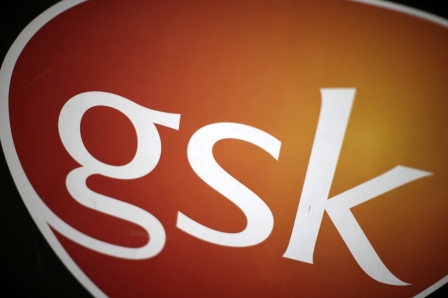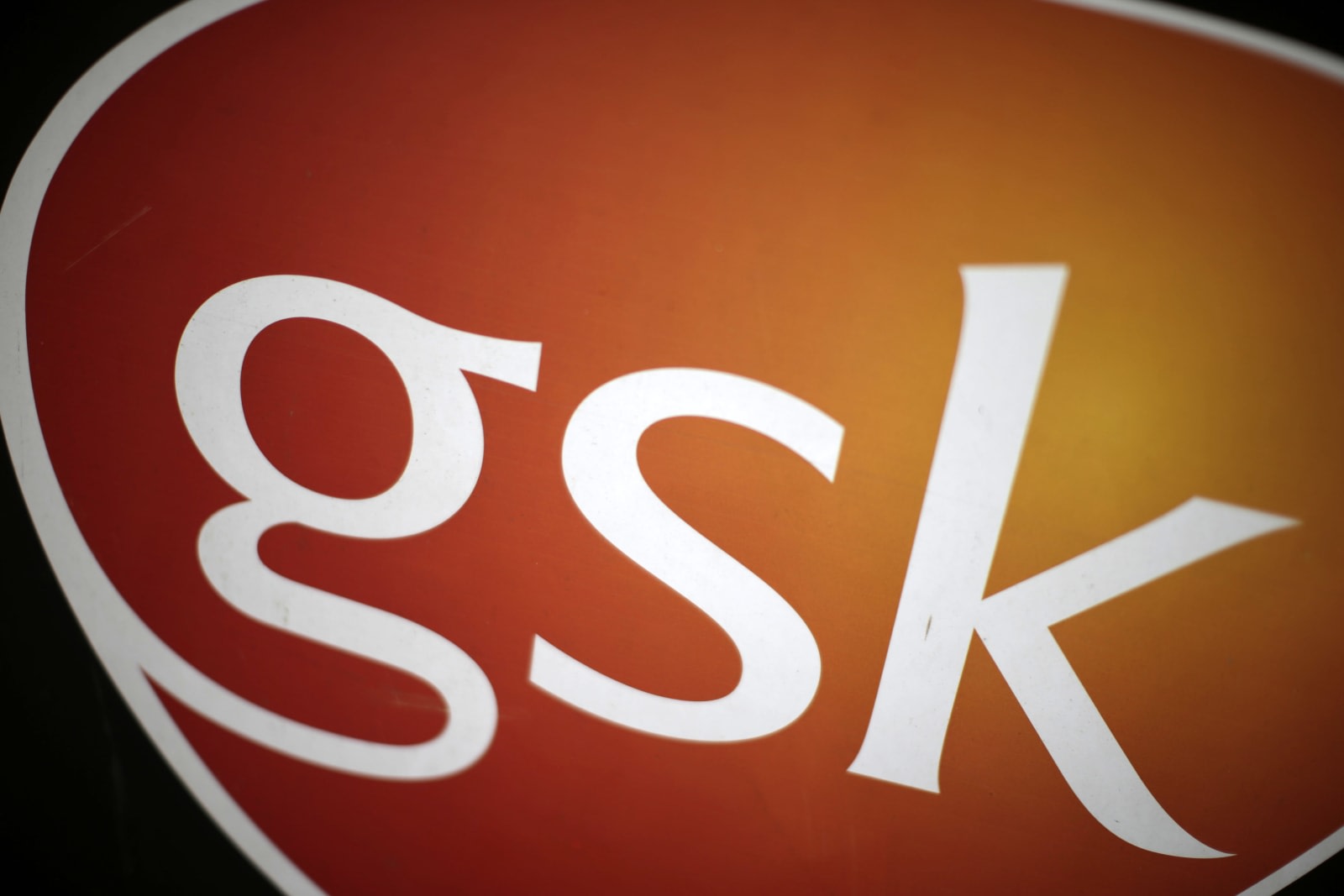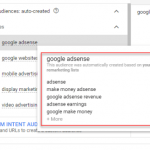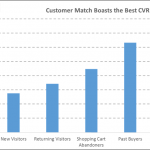Google teams up with GSK to develop ‘bioelectronic medicines’
By forcing startups like Google X, Fiber and Nest to behave like companies and take financial accountability, Alphabet believes that its subsidiaries are more likely to invest in projects that will ultimately make it money. Being in the expensive healthcare business, Verily — formerly Google Life Sciences — often needs to speculate to accumulate, but for its latest venture, the company is dreaming big. It’s teaming up with British pharmaceutical giant GlaxoSmithKline (GSK) to develop bioelectronic medicines that can “harness electrical signals in the body to treat chronic disease.”
Under the agreement, both companies will invest up to £540 million ($715 million) to form a new company, Galvani Bioelectronics. It’s named after Luigi Aloisio Galvani, an 18th century Italian scientist who was one of the early pioneers of bioelectricity (he was also the guy who found that frogs legs twitch when exposed to an electric current). According to GSK’s press release, it’ll be headquartered in the UK, with a second research hub in San Francisco, and will primarily focus on the “research, development and commercialization” of bioelectronics.
GSK believes that biomedicines can treat conditions like arthritis and asthma, but one of Galvani Bioelectronics’ first projects will focus on the development of “miniaturised precision devices” that can help remedy “inflammatory, metabolic and endocrine disorders” including type 2 diabetes. GSK will fuse its drug discovery and development prowess with Verily’s expertise in developing tiny low power electronics.
Initially, Galvani will employ 30 scientists, engineers and clinicians, who will utilise treatments developed by both parent companies, academic institutions and other R&D companies. They’ll have to wait until the deal is approved by competition regulators before they do, but both parties expect that to happen before the end of the year.
(25)















